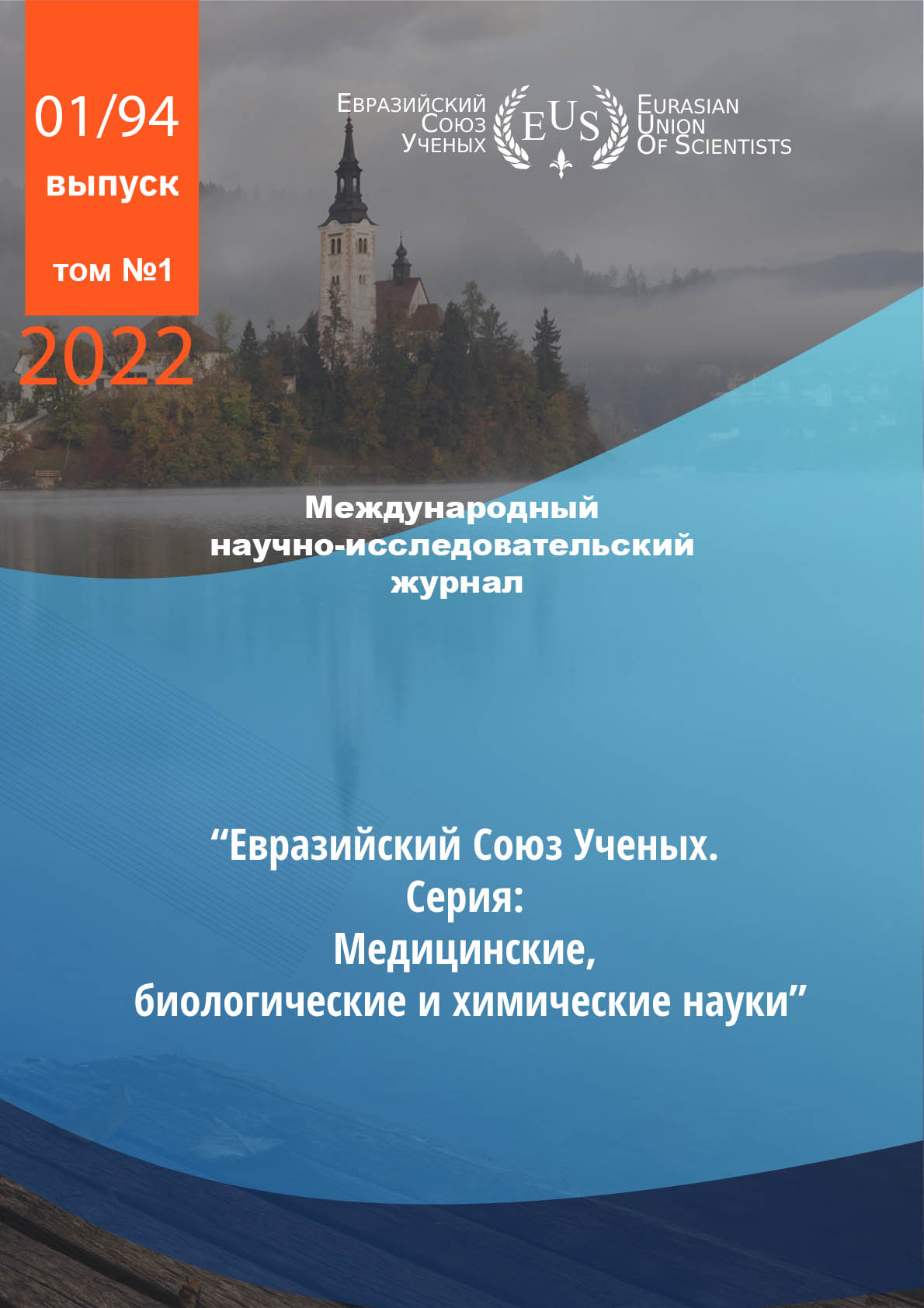PRESCRIBING HORMONE THERAPY FOR BREAST CANCER: A PERSONALIZED APPROACH BASED ON BIOLOGICAL SUBTYPES
Abstract
Patients with hormone-sensitive and Her2neu amplified tumor subtypes have a better short-term prognosis
than patients with hormone-negative and Erb-B2 over expressing subtypes. At the hormone-positive luminal A
subtype of breast cancer, hormone therapy is the only systemic therapy that is beneficial and should be used in
patients who are in good physical shape..
References
2.RudenstamC . Randomized trial comparing axillary clearance versus no axillary clearance inolder patients with breast cancer: first results of International
Breast Cancer Study Group. Trial 10-93. /Zahrieh D. // J ClinOncol 2006. –V.24. –P.337–344
3.Schrag D. Life expectancy gains from cancer prevention strategies for women with breast cancer and BRCA1 or BRCA2 mutations. / Kuntz K, Garber J. // JAMA 2000.-V.283. –P.617–624
4.Christman K. Chemotherapy of metastatic breast cancer in the elderly. / Muss H.B, Case L.D. //ThePiedmontOncologyAssociationexperience. JAMA 2012.-V. 268.-P 57–62
5.Slamon D. Use of chemotherapy plus a monoclonal antibody against HER2 for metastatic breast cancer that overexpresses HER2. / LeylandJones B, Shak S. NEnglJMed 2001. –V.344.-P. 783–792
6.Dowsett M. Prediction of risk of distant recurrence using the 21-gene recurrence score in nodenegative and node-positive postmenopausal patients
with breast cancer treated with anastrozole or tamoxifen: aTransATAC study. /Cuzick J, Wale C.// JClinOncol 2010.-V.28.-P 1829–1834
7.Semiglazov V.F. Breast cancer. Biology, local and systemic treatment. In Russian/Semiglazov V.V. // SIMK 2014. N.1. P- 298-341
8.Gregor M. Trastuzumab-related cardiotoxicity among older breast cancer patients. /Zhang N, Niu J. //ASCO Meeting Abstract. JClinOncol 2012.-V.30. -P 135
9.Slamon D. Adjuvant Trastuzumab in HER2- Positive Breast Cancer. // Eiermann W, Robert N. // NEnglJMed 2011.-V. 365.-P. 1273–83
10.Partridge A. Adherence and persistence with oral adjuvant chemotherapy in older women with earlystage breast cancer in CALGB 49907: adherence companion study 60104. / Archer L, Kornblith A. // JClinOncol 2010. –V. 28.-P. 2418–2422
11.Jones S. Docetaxel with cyclophosphamide is associated with an overall survival benefit compared with doxorubicin and cyclophosphamide: 7-year follow-up of US oncology research trial 9735. / Holmes F, O’Shaughnessy J. // JClinOncol 2009. –V. 27. – P 1177–1183
12.Albain K. Comparisons between different polychemotherapy regimens for early breast cancer: meta-analyses of long-term outcome among 100 000 women in 123 randomised trials. /Anderson S, Arriagada R.// Lancet 2012. -V.379.-P 432–444
13.Jones S. Docetaxel with cyclophosphamide is associated with an overall survival benefit compared with doxorubicin and cyclophosphamide: 7-year follow-up of US oncology research trial 9735. / Holmes F, O’Shaughnessy J. // JClinOncol 2009. –V. 27. – P 1177–1183
14.Wildiers H. Management of breast cancer in elderly individuals: recommendations of the International Society of Geriatric Oncology. / Kunkler I, Biganzoli L. // LancetOncol 2007. –V.8.-P.1101–1115
15.Abe O. Effects of chemotherapy and hormonal therapy for early breast cancer on recurrence and 15- year survival: an overview of the randomised trials. /
Abe R, Enomoto K.// Lancet 2005. –V.365. –P 1687– 1717
16.Sawaki M. Safety of adjuvant trastuzumab for HER - 2- overexpressing elderly breast cancer patients: a multicenter cohort study. / Mukai H, Tokudome N. //
Breast Cancer 2012. –V.19.-P. 253–258
17.Foulkes W. Triple-negativebreastcancer. /Smith I, Reis J.// NEnglJMed 2010.-V.363.-P 1938– 1948
18.Geyer C. Lapatinib plus capecitabine for HER2-positive advanced breast cancer. /Forster J, Lindquist D. //NEnglJMed 2006.-V.355.-P 2733–2743
19.Freyer G. Adjuvant docetaxel/cyclophosphamide in breast cancer patients over the age of 70: results of an observational study. /Campone M, Peron J.// ritRevOncolHematol 2011.- V.80.-P 466–473
20.Paik S. Gene expression and benefit of chemotherapy in women with node-negative, estrogen receptor-positive breast cancer. / Tang G, Shak S. // JClinOncol 2006. –V.24.-P 3726–3734
21.Ravdin P. Computer program to assist in making decisions about adjuvant therapy for women with early breast cancer. / Siminoff L, Davis G. // JClinOncol 2001. –V.19. –P. 980–991
22.Burstein H J. American Society of Clinical Oncology clinical practice guideline: update on adjuvant endocrine therapy for women with hormone receptor-positive breast cancer. / PrestrudA.A, Seidenfeld J.// J Clin.Oncol 2010.-V. 28.-P 3784–3796
23.Muss H. Investigators. Adjuvant chemotherapy in older women with early-stage breast cancer. /Berry D, Cirrincione C.// NEnglJMed 2010. –V. 360.-P 2055– 2065
CC BY-ND
A work licensed in this way allows the following:
1. The freedom to use and perform the work: The licensee must be allowed to make any use, private or public, of the work.
2. The freedom to study the work and apply the information: The licensee must be allowed to examine the work and to use the knowledge gained from the work in any way. The license may not, for example, restrict "reverse engineering."
2. The freedom to redistribute copies: Copies may be sold, swapped or given away for free, in the same form as the original.







